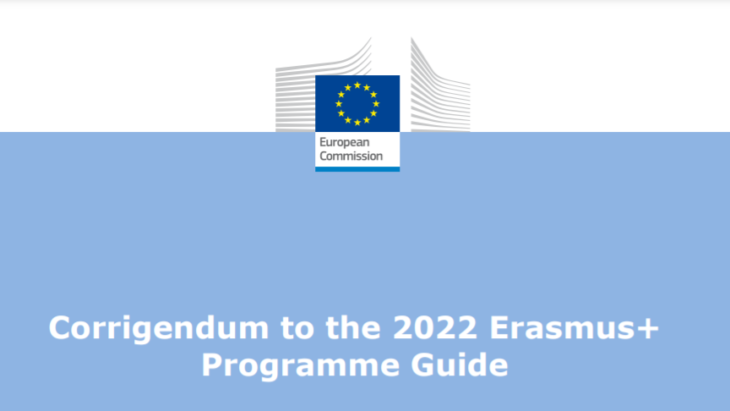Erasmus generation. It’s the name given to the thousands of young people who every year choose to undertake a period of study and training abroad in order to participate actively and concretely in the construction of an open and multicultural European identity. A generation born thanks to the ambition of a young Roman student who, on her return to Italy after a period of study spent at Columbia University in New York, saw her University of origin deny the validation of exams taken abroad.
The memory of that negative experience allowed Sofia Corradi, who became a pedagogue in the following years, to strive hard to make the rectors of Universities across Europe aware of the importance of student interculturalism.
Thus was born in 1987, after almost twenty years, the European Program that would change the lives of millions of students, offering them an authentic and valuable life experience: Erasmus.
Revealing itself as one of the most effective instrument for promoting European citizenship, as a concrete experience and as a factor of awareness, Erasmus has brought young people closer to the concept of Europe as a space for sharing and comparison, far from the icy buildings of bureaucracy.
The new transnational mobility program called “Erasmus Plus” has started on January 2014.
A direct heir and an ideal prosecutor of the action carried out by his predecessor, Erasmus Plus has expanded its boundaries, also involving the working and entrepreneurial dimension of participants.
The adjective “Plus” of the new denomination is to indicate that, under the action of Erasmus, the actions addressed to upper secondary schools and to professional training, as well as to teachers, educators, adults and Young people. Three key activities across all sectors have been introduced for greater simplification: mobility of individuals for learning, cooperation for innovation and good practices, and finally policy reforms.
Promoting human resources through the development of key competences, creating an effective connection with the labor market and improving the education system, represents the main objective of one of the most prestigious educational and training initiatives implemented by the European Union.
But what are the real advantages for those who choose to participate in a transnational mobility project?
It’s important to highlight that, for a young student, spending a period of life and study in another country means embarking on a path of personal growth, through which to get out of one’s comfort zone to develop a sense of adaptation, capacity for autonomy and trust in their abilities. Indeed, immersing oneself in a multicultural context means to accept diversity to look at the world with different eyes, opening one’s mind to tolerance and sharing.
An experience abroad
is also a fundamental tool to develop the student’s professional skills that
can acquire technical and transversal skills useful to better face the job
search in an increasingly competitive market.
A cultural and linguistic enrichment, therefore, through which to improve one’s
communication and decision-making efficiency thanks to the exchange and
comparison with peers from different national realities.
But participation in
a mobile training experience is also an excellent opportunity for teachers, who
have the opportunity to acquire and implement the knowledge of innovative tools
necessary to respond, with competence and professionalism, to the educational,
didactic and methodological requirements imposed from a constantly changing
school world.
In fact, expanding one’s knowledge horizon through comparison with foreign
experts and colleagues is an essential modus operandi to acquire new teaching
methods and new assessment techniques, as well as a great way to deepen the
knowledge of foreign languages.
Finally, there are enormous benefits that the adhesion to the Community educational program produces on the entire school community and on the reference territory.
The School, in fact, through the process of internationalization, thus has the opportunity to consolidate its reputation, offering its staff a unique training experience, also useful to strengthen the sense of pride and belonging to their own working context.
The acquisition of new contacts and the creation of international partnerships constitute the added value of an educational initiative that is continuously updated.
This is why training mobility is equivalent to build a future Europe.



















